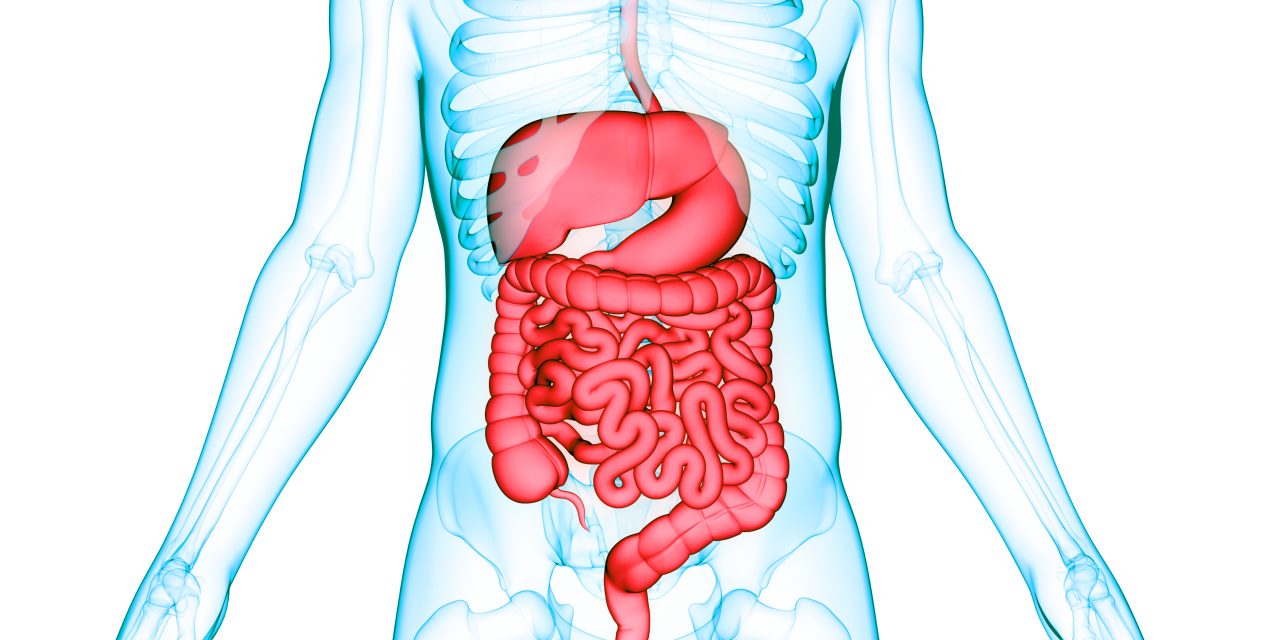The purpose of this study was to look at the effect of large small intestine resection on proinflammatory cytokine intestinal expression, as well as the effect of anti-TNF antibodies (ATA) on intestinal inflammation, epithelial cell turnover, and intestinal adaptability following bowel resection in rats. Four experimental groups of male Sprague-Dawley rats were formed: Sham-rats were subjected to bowel transection; Sham-ATA rats were subjected to bowel transection and were treated with ATA; SBS-animals were subjected to 75% bowel resection; and SBS-ATA rats were subjected to bowel resection and were treated with ATA in the same manner as Group B. Illumina’s Digital Gene Expression (DGE) analysis, Real Time PCR, Western blotting, and immunohistochemistry were used to evaluate TNF- and apoptosis-related gene and protein levels. Eight genes in the jejunum and ten genes in the ileum were found to be up-regulated in resected versus sham mice out of the 25 genes studied for TNF- signalling. SBS rats had significantly higher levels of tissue and plasma TNF-, IL-6, intestinal mucosal TNF-related gene expression, and microscopic inflammatory markers. In comparison to SBS animals, ATA treatment resulted in a substantial drop in TNF- levels, intestinal mucosal TNF—related gene expression, a reduced number of intraepithelial lymphocytes and macrophages, and a lower apoptotic index.
ATA reduced plasma and tissue TNF- levels, reduced mucosal inflammation, and prevented cell death in a rat model of SBS. ATA’s anti-apoptotic actions appear to be linked to a suppressed extrinsic apoptotic pathway.
Reference: https://journals.lww.com/jpgn/Abstract/2021/01000/Anti_TNF___Therapy_Exerts_Intestinal.13.aspx


